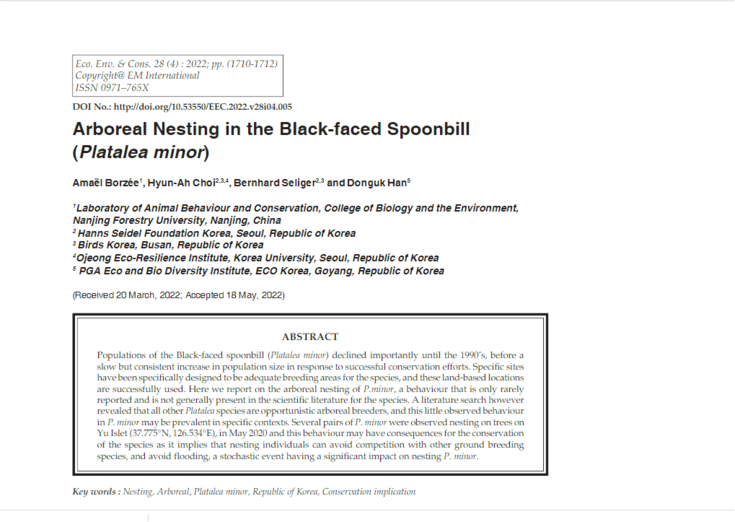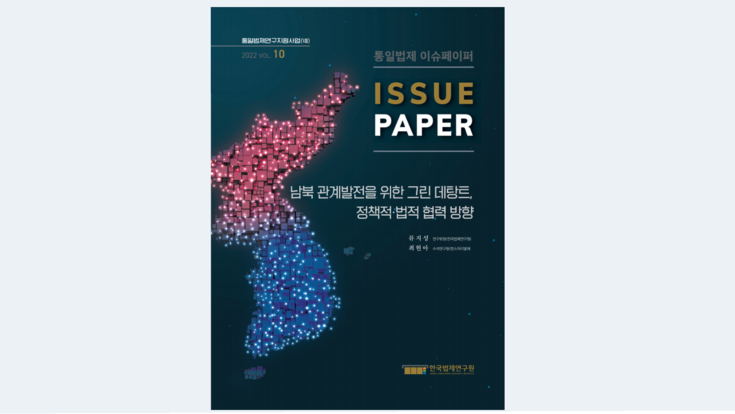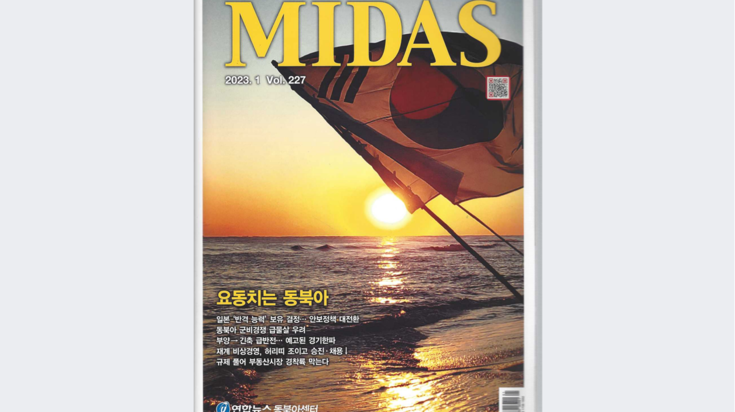Publications
New Publications

Arboreal Nesting in the Black-faced Spoonbill (Platalea minor)
HSF representatives Bernhard Seliger and Hyun-Ah Choi recently published new research on Arboreal Nesting in the Black-faced Spoonbill with Prof. Amaël Borzée and Dr. Donguk Han, touching on a field that is only rarely reported and is not generally present in the scientific literature for the species. Populations of the Black-faced spoonbill (Platalea minor) declined importantly until the 1990s, before a slow but consistent increase in population size in response to successful conservation efforts. Specific sites have been specifically designed to be adequate breeding areas for the species, and these land-based locations are successfully used. The publication reports on the species’ arboreal nesting, a behaviour that is only rarely reported and not generally present in the scientific literature for this species. However, literature research revealed that all other Platalea species are opportunistic arboreal breeders, and this little-observed behaviour in P. minor may be prevalent in specific contexts. Several pairs of P. minor were observed nesting on trees on Yu Islet, in May 2020 and this behaviour may have consequences for the conservation of the species as it implies that nesting individuals can avoid competition with other ground breeding species, and avoid flooding, a stochastic event having a significant impact on nesting. The research and survey in the border area were supported and made possible by Gimpo City and Mr. Min-Seok Chae from Gimpo City.
You can find the full research paper here: https://www.researchgate.net/publication/360653444_Arboreal_nesting_in_the_black-faced_spoonbill_Platalea_minor

Détente for the development of inter-Korean relations
A new paper was published by the Korea Legislation Research Institute with an opening research paper written by Choi Hyunah from Hanns Seidel Foundation and Dr. Ryu Ji-Sung from Korea Legislation Research Institute based on picture détente for the development of inter-Korean relations, the direction of policy-legal cooperation.
Research contains diverse aspects of Détente development based on inter-Korean relations and cooperation. Since the Korean Peninsula connects all natural environments such as water, atmosphere, and ecology, they naturally influence each other. However, there are several environmental issues related to the current climate crisis, water hygiene, water environment, food security, and energy in North Korea. Green Detente is a plan to promote the public life of the two Koreas and establish a foundation for peaceful unification by acknowledging tension and peace, coexistence through cooperation, and trust in the political, military, ecology, and environmental fields.
Furthermore, it is touching on environmental cooperation, such as co-response to fine dust natural disasters, strengthening cooperation, agricultural and water resources, and promoting green peace zone in border areas.
More about research paper you can find here.

140 Years of German Korean Relations: Upgrade or Slow Decline of the Partnership?
The most recent issue of MIDAS, published in January 2023, includes an article written by Dr. Bernhard Seliger on 140 Years of German Korean Relations with the question “Upgrade or Slow Decline of the Partnership?”. He let German Korean history pass in review, summarizing important events and dates which formed a successful relationship between both countries across all wars, colonization, and dictatorships. Starting from the diplomatic relations between West Germany and South Korea, he pointed out the countries’ mutual benefits from partnering in different fields and also mentioned the political problems that occurred in the past. From an economic point of view, he highlighted the German Korean Chamber of Commerce. The special connection of Korea to Germany was deepened with the German Unification which was and is still often discussed in Korea, aiming to learn from the German experience for a potential Korean unification.
However, he points out a current problem: the much greater importance of Korea today and the improvement of relations with its neighbors also led to Germany becoming less important for Korea. In particular, there is a lack of a broad foundation in youth exchange. Only recently has a beginning been made for greater exchange with the establishment of the German Korean Youth Network.
As a suggestion, Dr. Seliger recommends a greater promotion of youth exchanges in particular, e.g. through school partnerships, city partnerships, or a joint youth organization, which would be a good way to further broaden the foundation of what are actually very good German-Korean relations. If the anniversary year 2023 is used for such a task, it could be the beginning of an even closer friendship between both peoples and countries.
